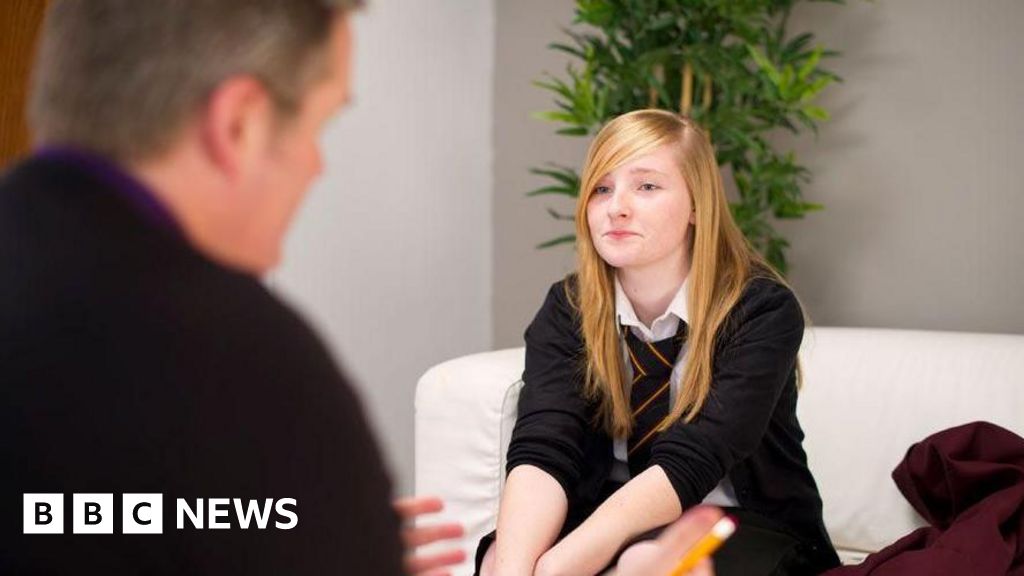ARTICLE AD BOX
By Adam Durbin
BBC News
People coming to the UK must show proof of a negative Covid test before they travel, as new rules to limit spread of the Omicron variant come into effect.
Contacts of a suspected Omicron case are already required to self-isolate for 10 days, including the fully vaccinated.
There are currently 336 confirmed cases of the new variant in the UK.
Health Secretary Sajid Javid has confirmed Omicron is spreading in the community in multiple areas of England.
He told MPs on Monday the variant was spreading "here and around the world" and that there were people who have tested positive for Omicron in the UK "with no links to international travel".
People arriving in the UK already had to self-isolate until they received a negative PCR test on day two after their arrival.
With the introduction of the government's new measures, all travellers aged 12 and over will have to show proof of a negative PCR or lateral flow test - even if they are fully vaccinated - before setting off.
It must be taken no more than 48 hours before departure for the UK and private test providers must be used - so free NHS lateral flow kits are not allowed.
Scientists have raised concerns about how Omicron could interact with current vaccines, given the number and form of the mutations it exhibits.
Of the confirmed cases of the variant, 261 were in England, 71 in Scotland and four in Wales - while Northern Ireland is yet to have a confirmed case.
Travel restrictions - which slow the influx of new cases - make the biggest difference when there is little Omicron in the country.
Yet scientists have warned Omicron could overtake Delta to become the dominant variant within the next few weeks as it is already spreading here.
The shorter gap between catching the virus and passing it on was used as the justification for pre-departure testing.
But that difference in infectiousness will also accelerate the spread of Omicron that is already here.
All the restrictions can do is buy time to understand what Omicron is capable of.
It could still take weeks to understand how severe the variant is and what it means for the effectiveness of vaccines.
The government previously announced it was ramping up the rollout of booster vaccines in light of the emergence of Omicron, as well as reintroducing the requirement for face coverings to be worn on public transport and in shops.
The UK has put restrictions on travel from many countries in Africa, with Nigeria becoming the 11th country added to the red list. At least 21 Omicron cases in England have been linked to travel from there.
Mr Javid confirmed 10,000 vaccinators were being recruited to expand the administering of third doses because "when the virus adapts, we must adapt too".
He said 350 military personnel would be deployed in England to help give boosters, and more than 100 in Scotland.
The health secretary added he understood the UK Health Security Agency was carrying out around half a million tests a day and capacity was expanding.
'We might have to cancel our holiday'
Image source, Annette Mitchell
Image caption,Annette Mitchell says the extra cost for Covid testing could add £453 to their US holiday.
One family is facing a big increase in costs as a result of the new testing - which could scupper their holiday plans.
Annette Mitchell told the BBC she booked a holiday to New York with her two teenage children in January.
She has already booked Covid tests ahead of departure to the US at a cost of £105, as well as £205 for tests after they return.
"Already the trip is expensive without added costs," she said. "Now we are being told to test before we return to the UK. The only tests in the US are a cost of $200 each - that's what it says on the Virgin Atlantic website."
Mrs Mitchell says adding the extra cost of $600 (£453) is "another holiday" and the "stressful" situation means she is not sure if they can now afford to go - something upsetting for the entire family.
On Monday, 51,459 cases of Covid were reported, as well as 41 deaths within 28 days of a positive test.
More than 20.5 million booster or third doses have been delivered - 35.8% of people aged over 12 - after a further 290,165 were given on Sunday.

 3 years ago
143
3 years ago
143








 English (US) ·
English (US) ·